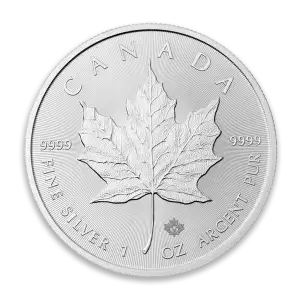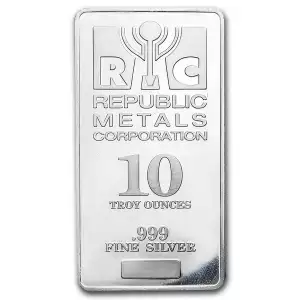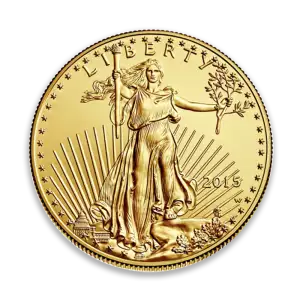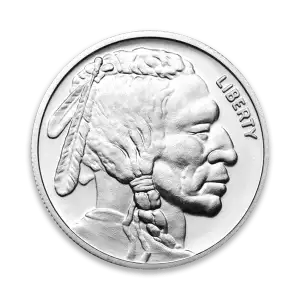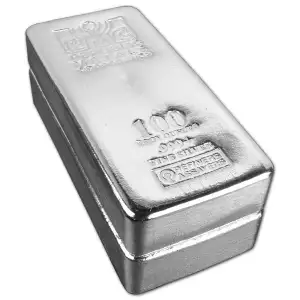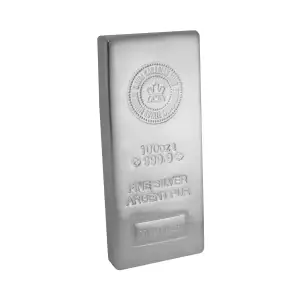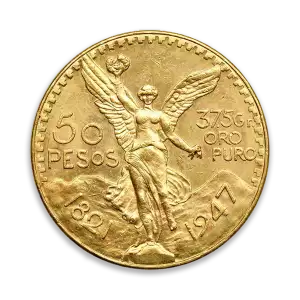What Would the U.S. Do if the Dollar’s Reserve Status Was Significantly Challenged?
Introduction
The U.S. dollar (USD) has been the world’s primary reserve currency since World War II, underpinning global trade, finance, and economic stability. However, if the dollar were significantly challenged as the dominant global reserve, the United States would likely take a combination of economic, monetary, geopolitical, and military actions to preserve its financial dominance and mitigate the consequences of a currency crisis.
1. Economic & Monetary Policy Response
A. Interest Rate Adjustments & Currency Stabilization
The Federal Reserve (Fed) would likely intervene by adjusting interest rates to stabilize the dollar’s value. If confidence in the USD declines, the Fed may raise interest rates to attract global capital inflows, strengthening the currency. However, higher interest rates would also increase borrowing costs, potentially leading to a U.S. recession.
B. Treasury Bond Buybacks & Market Interventions
The U.S. government could buy back Treasury bonds to prevent a bond market collapse and restore investor confidence. The Fed might increase its balance sheet by purchasing government debt, similar to Quantitative Easing (QE) used during the 2008 financial crisis.
C. Capital Controls & Restrictions on Currency Movement
If confidence in the USD deteriorates rapidly, the U.S. could impose capital controls, limiting large-scale dollar outflows to prevent a financial panic. Restrictions on foreign investment withdrawals or transactions in alternative currencies (such as gold, yuan, or cryptocurrencies) may be considered.
2. Gold & Alternative Asset Strategies
A. Gold-Backed Dollar or Commodity-Linked Currency System
If de-dollarization accelerates, the U.S. could partially return to a gold-backed or commodity-linked currency to restore confidence. This would require revaluing gold reserves and increasing physical gold holdings, which the U.S. already possesses (8,133.5 metric tons, the largest global gold reserve).
B. Government Crackdowns on Competing Assets (Gold, Bitcoin, & Other Currencies)
In a severe currency crisis, the U.S. government may restrict or regulate gold ownership, similar to the 1933 Gold Confiscation Order (Executive Order 6102) under Franklin D. Roosevelt. Cryptocurrencies like Bitcoin and decentralized financial networks could face strict regulations or bans, preventing capital flight.
3. Geopolitical & Military Actions
A. Economic Warfare & Sanctions Against Competing Reserve Currencies
If the Chinese yuan, BRICS currency, or gold-backed trade systems begin to seriously challenge the dollar, the U.S. may use economic sanctions to weaken these alternatives. The U.S. could restrict financial institutions from engaging in non-dollar trade, penalizing nations that adopt alternative reserve systems.
B. Pressuring Allies to Maintain Dollar Dominance
The U.S. could use diplomatic pressure on allies (Europe, Japan, and Australia) to continue using the dollar in trade and financial settlements. IMF and World Bank loans could be tied to maintaining dollar-denominated reserves.
C. Military Intervention & Resource Control
Historically, the U.S. has maintained global economic dominance through military strength—if the dollar is significantly threatened, the U.S. could take military action to secure economic interests. Oil & energy markets are crucial—if oil-exporting nations shift away from the petrodollar system, the U.S. may use military or economic leverage to prevent such moves. Examples of past military-economic interventions include:
- Iraq (2003) – Some speculate that Saddam Hussein’s move to price oil in euros contributed to the U.S. invasion.
- Libya (2011) – Muammar Gaddafi proposed a gold-backed dinar, potentially disrupting the petrodollar system before his regime collapsed.
While direct military intervention is unlikely in response to a financial crisis, the U.S. could increase its global presence in key strategic regions to protect trade routes and financial influence.
4. Digital Dollar & Financial System Restructuring
A. Central Bank Digital Currency (CBDC) Adoption
The U.S. could accelerate the launch of a Digital Dollar (FedCoin) to maintain control over monetary transactions. A CBDC would allow the Federal Reserve to directly influence economic activity, providing traceable, programmable money that could counter alternative digital assets.
B. Integration with Global Financial Reforms
The U.S. might push for IMF Special Drawing Rights (SDRs) reforms, maintaining some control over a new multinational reserve system. A hybrid system that includes the dollar, gold, and digital assets could emerge under U.S. influence.
5. Social & Domestic Economic Impact in the U.S.
A. Rising Inflation & Devaluation of Savings
A loss of confidence in the dollar would lead to higher inflation, reducing the purchasing power of American households. The U.S. government may introduce price controls or stimulus payments to manage inflation shocks.
B. Wealth Taxes & Debt Monetization
The government could impose new taxes on wealth, assets, and foreign investments to stabilize the economy. Debt monetization (printing money to cover liabilities) may lead to hyperinflation if not managed carefully.
C. Social Unrest & Political Instability
A severe dollar crisis could lead to mass layoffs, corporate bankruptcies, and a decline in living standards, fueling civil unrest. The U.S. government might increase social welfare programs or implement emergency economic measures to maintain stability.
6. Could the U.S. Prevent the Loss of Reserve Status?
While the U.S. faces de-dollarization challenges, it still maintains key advantages:
- Deep, liquid financial markets that attract global capital.
- Global military influence that protects trade and financial dominance.
- A strong technological and innovation economy, ensuring continued global investment.
To prevent losing reserve status, the U.S. would likely:
- ✅ Rebuild trust in the dollar through stronger monetary policies.
- ✅ Use economic alliances (G7, NATO, IMF) to maintain dollar-based trade.
- ✅ Push for digital financial integration to counter decentralized alternatives.
Conclusion: The U.S. Would Take Aggressive Action to Defend the Dollar
If the U.S. dollar were significantly challenged as the world reserve currency, the U.S. would take a multi-layered approach to protect its financial dominance:
- Monetary policy adjustments (rate hikes, QE, capital controls).
- Gold & asset restrictions (gold-backed reserves, bans on competing assets).
- Geopolitical & military strategies (sanctions, diplomatic pressure, resource control).
- Adoption of a digital dollar (CBDC to maintain global trade influence).
While de-dollarization is happening gradually, the U.S. will fight to maintain its financial leadership, using every tool available—economic, political, and military—if necessary.

